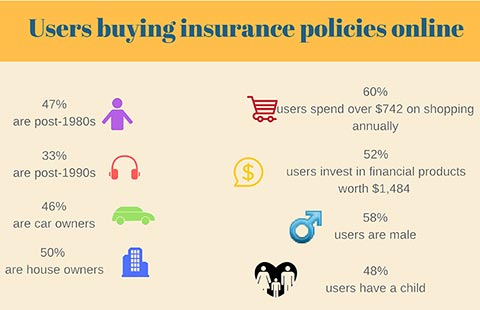Airlines to take hit from rising oil price
Chinese airlines are expected to bear the brunt of a rising oil price after OPEC came to an agreement to limit production, and airlines are likely to levy fuel surcharges on domestic and international flights, experts said.
On Wednesday, OPEC reached a consensus on production cuts to ease excess global inventory, sending oil prices jumping.
"The oil price rise will have a certain negative effect on domestic airlines. Airlines have very weak abilities to resist the fluctuations of oil prices, and it will be a challenge to the business growth of airlines," said Li Xiaojin, a professor of aviation economics at the Civil Aviation University of China in Tianjin.
"Airlines should take some steps to hedge against the risks. They can prepare to levy fuel surcharge on passengers and take other measures to reduce oil consumption, as the impact is likely to be long-term," said Li.
Since February 2015, all domestic airlines have stopped levying fuel surcharges, as a result of the cost declines of fuel procurement.
Li said in the near future, oil prices are unlikely to surge further or drop significantly. For passengers, they may consider the total costs of taking flights, and some are likely to choose trains instead on some routes to save money.
Meanwhile, Chinese airlines are suffering the pains of a weakening yuan. In November, the yuan continuously depreciated against the dollar, exceeding market expectations.
The depreciation of the yuan will cause exchange losses for domestic airlines.
In the first half of this year, major domestic airlines, including Air China, China Eastern and China Southern, all recorded foreign exchange losses of another 1 billion yuan year-on-year, that is nearly half of their net profits in the first half, according to their earnings reports.
"The yuan is likely to stay weak against the dollar for a while. Airlines need to adjust their liability compositions, speed up the repayment of dollar debts, and take other steps such as issuing bonds in yuan and loans in multiple currencies," said Su Baoliang, an analyst at Sinolink Securities Co.

















